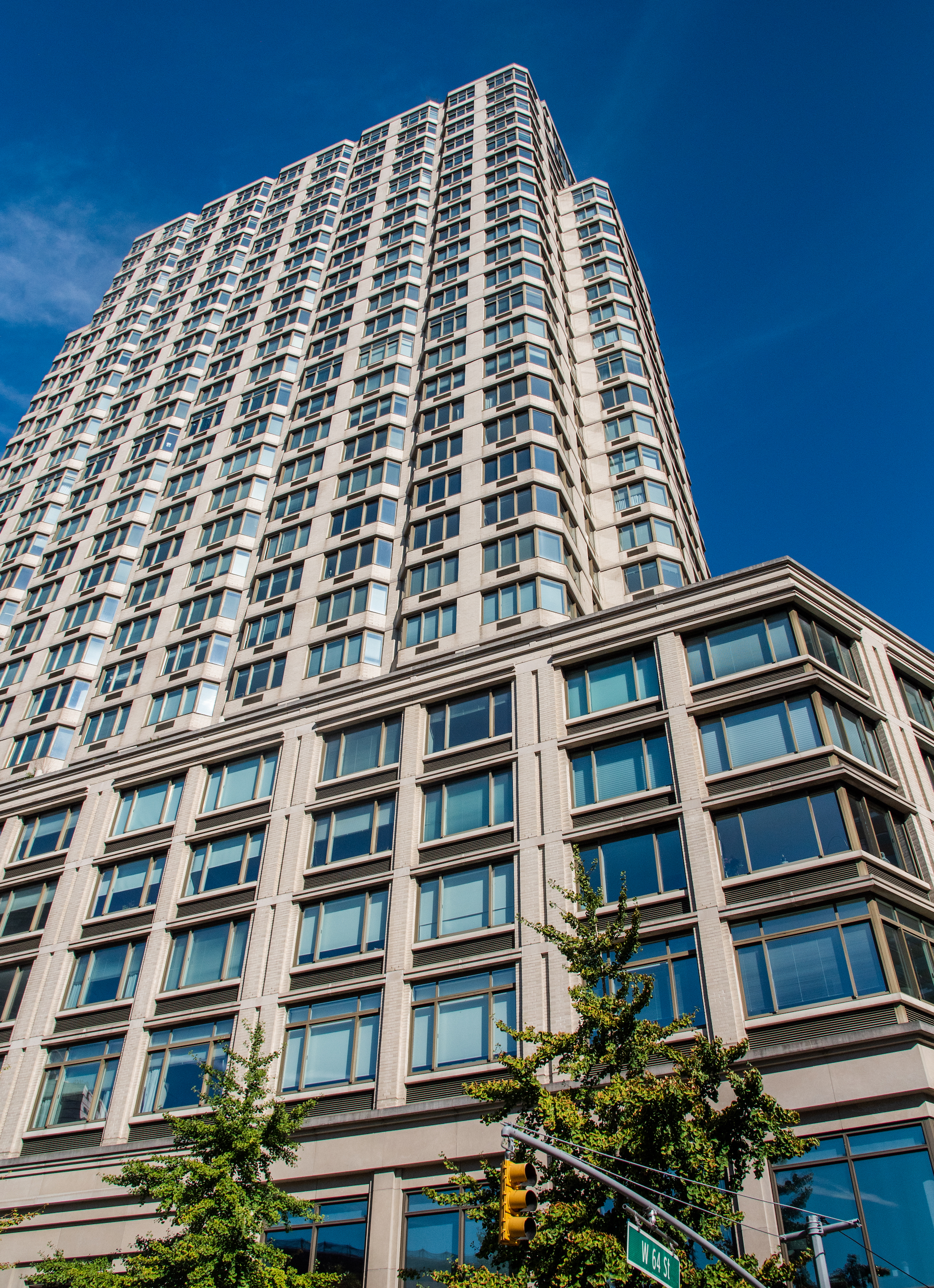New York City’s Local Law 97, an ambitious climate plan that includes fines for owners of large buildings that don’t significantly reduce carbon emissions, has spawned innovations to address the law’s provisions.
The law aims to cut emissions from New York’s largest buildings 40% by 2030 and 80% by 2050. In 2024, the city will begin fining owners of inefficient commercial and residential properties. Fines would rise significantly in 2030.
To avoid those penalties, a 20-year-old luxury Manhattan residential tower has installed scrubbers that capture exhaust from the building’s two natural gas boilers. The effort is part of a pilot project by startup CarbonQuest that will include five other locations.
A Brooklyn tower with 441 mixed-income residences and 30,000 sf of retail is taking another approach. It will be fully electrified, using power from community solar panels and batteries.
The new law could trigger a $20 billion market in energy retrofits in the city over the next decade. Much of that money will be spent on conventional efficiency upgrades such as adding LED light bulbs, triple-pane windows, and updating HVAC equipment including the addition of heat pumps.







